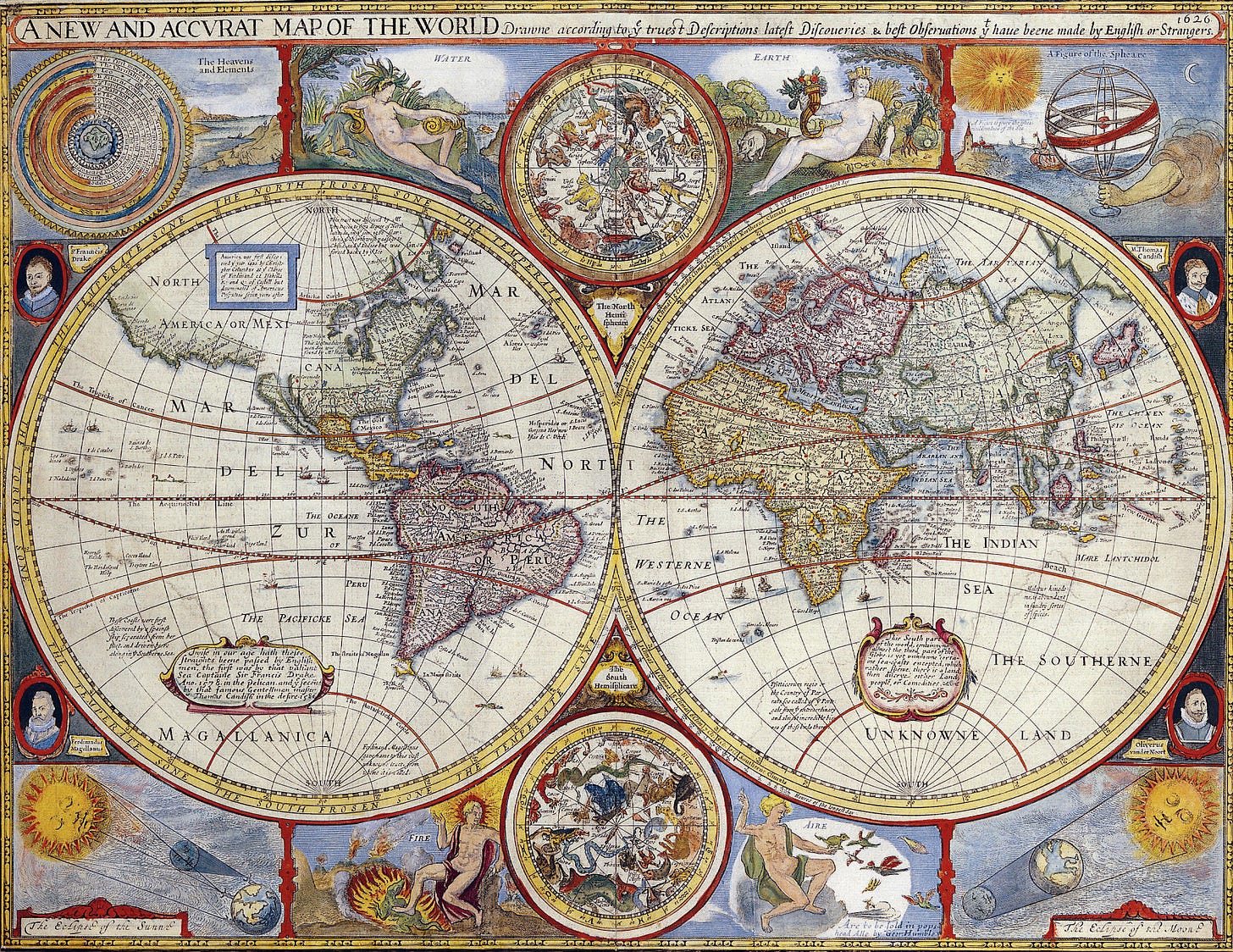The Urge for Going
Life in Motion (Reason for Being in the World, Preliminary Chapter)
My appeal last week for new paid Subscribers in light of “political” cancelations produced results, as did my request the other day for shares, which, too, has already produced new subscribers. Thank you all for that show of appreciation and confidence. Special thanks to those newest paid subscribers Lee Varis, Judy Krise, David Goorevitch, and a little before them Stephen Bero. Taps are clicking in my heart right now and, just at the spin and turn, feet leave the floor.
Keep reading with a 7-day free trial
Subscribe to Homo Vitruvius by A. Jay Adler to keep reading this post and get 7 days of free access to the full post archives.



